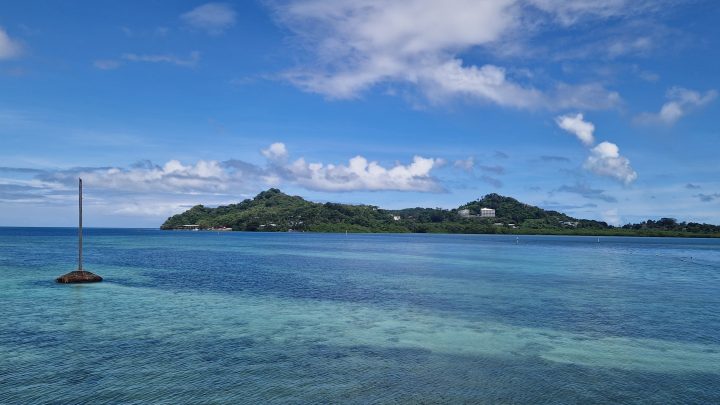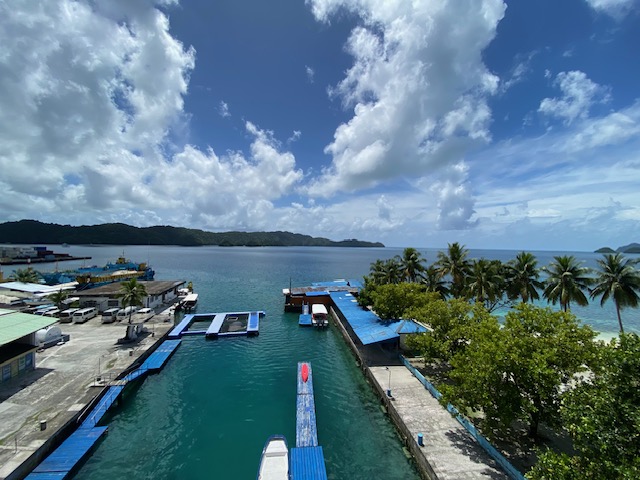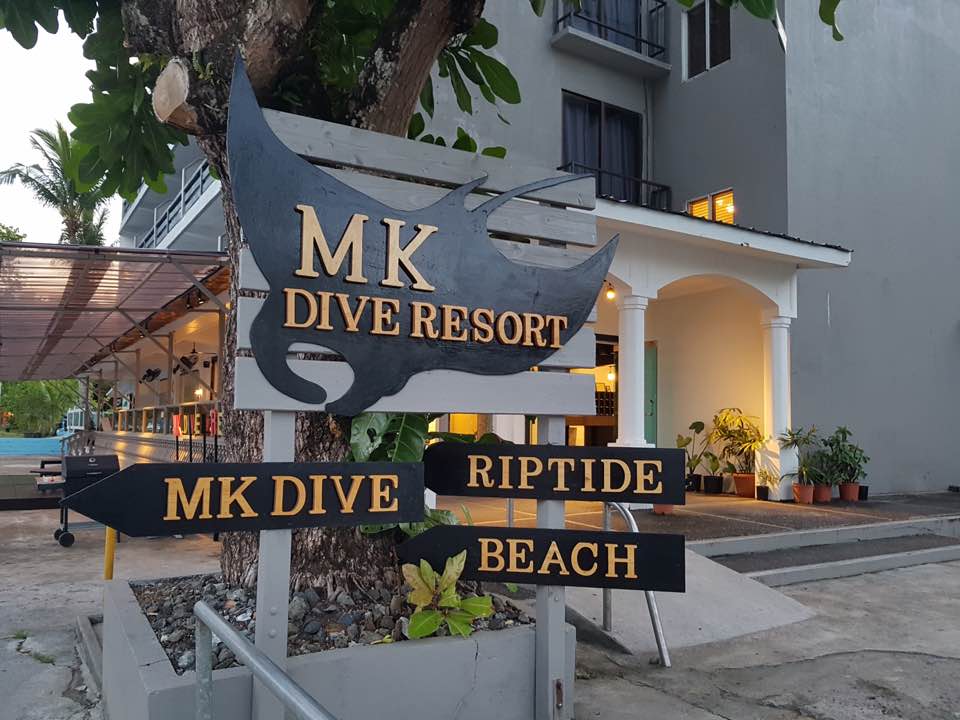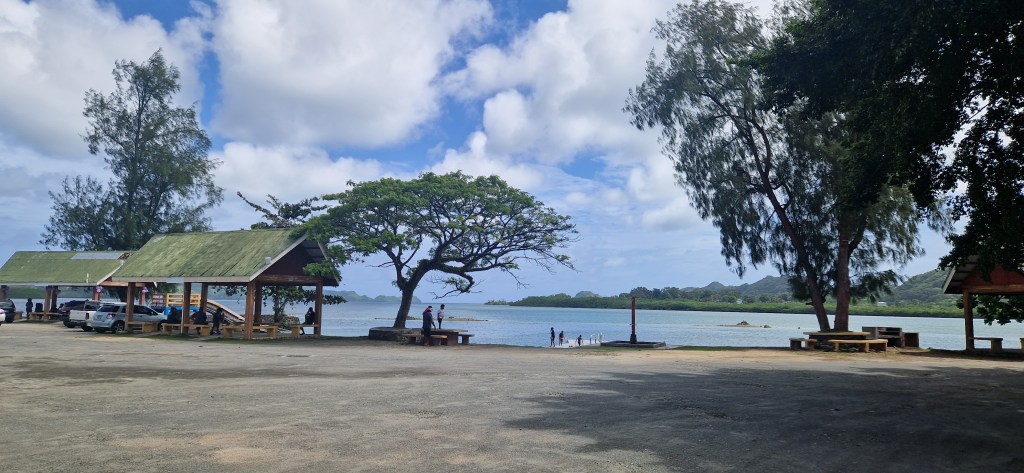
Why hasn’t tourism recovered in Palau?
Share Now on:
Why hasn’t tourism recovered in Palau?

This story was produced by our colleagues at the BBC.
The MK Hotel on Malakal island in Palau boasts the features you’d expect from a Pacific island resort: beautiful views, a pristine private beach and clear, blue waters.

Tyler Shin is the owner, and the hotel specializes in diving tours. Before the pandemic, it catered to mainly South Korean visitors; for many Koreans, diving in Palau is a bucket list activity.
“Pre-COVID, at the capacity of the rooms, 80% per month were from Korea,” Shin said.
But four years after the start of the pandemic, when most countries have removed restrictions, tourism operators like Shin are still waiting for a full recovery.
Before 2020, tourism used to account for around 50% of Palau’s gross domestic product. The country’s GDP has since dropped by one-fifth, much of it due to the impact on the tourist sector.
In 2019, Palau received around 90,000 tourists, but that fell to fewer than 10,000 in 2022.
Daniel, a taxi driver on the main island of Koror, said tourists are coming back slowly, but he doesn’t get many in his cab. Before the pandemic, “things were really good,” he said.
Fighting for flights
One of the main things dragging on the recovery is that direct flights to Palau have been very slow to restart. There used to be four direct flights from Korea per week. But now, Koreans typically have to go through Taiwan, and the extra travel time is putting off a lot of people.
“For 10 days of vacation, they’re only getting six days diving here,” Shin said.
Tourism Minister Ngiraibelas Tmetuchl has been working with various countries, including Korea, to try to get regular flights up and running again. The problem, he said, is that Palau is low on a lot of carriers’ priorities.
“As soon as they started flying out, they wanted to start with bigger markets,” Tmetuchl said.
“So obviously, for Koreans, Japan is one of the No. 1 destinations. Then you’ve got Singapore, then you’ve got Europe and the U.S. Those markets obviously got a bulk of the flights, and we are typically at the end of that sort of discussion.”

Palau’s geopolitical place
Given Palau’s location in the western Pacific, it can find itself between the world’s two largest economies: the U.S. and China.
Palau was part of a Pacific nations trust, administered by the United States, following World War II. It gained independence in 1994. But it, along with the Marshall Islands and the Federated States of Micronesia, entered into what is known as a compact of free association with the U.S.
That gives the U.S. military exclusive access to its waters for defense and strategic purposes in exchange for tens of millions of dollars per year.
Palau may be a country of fewer than 20,000 people and 180 square miles of land, but it controls 230,000 square miles of water. Combined with the other countries in the deal, the U.S. has access to millions of square miles of the Pacific Ocean.
The most recent round of funding was held up in Congress for months, and Palau’s President Surangel Whipps Jr. — along with other regional leaders — warned in that time that China would gain influence in the region if delays continued.
Whipps said China is already using “dollar diplomacy” in Palau.
“It’ll give you lots of tourists, take them away, buy a lot of real estate on this island, but then never develop it,” he said. “But they say, if you switched diplomatic relations, you know, the sky’s the limit.”
Finding a balance
Down the main commercial street in Koror, there’s signs of the influence of both the U.S. and China. There are restaurants and shops catering to mostly Chinese tourists right by the expat bars where you’re more likely to find some of the few Westerners.
Tourism has such an impact on Palau’s economy, businesses want to welcome more visitors to the islands, but many operators are wary of letting too many people back in at once and seeing their precious natural resources get used up.
“I think we’re always going to be catering and marketing ourselves towards the tourists that are respectful,” said Ivory Vogt, a Palauan sustainable tourism consultant.
But she added: “The desire for more money is not necessarily the primary driver for us in Palau to succeed in business, and so that’s why maybe we’re not thinking about this endless growth model of tourism.”
Tourism minister Tmetuchl said he is looking at strategies for spreading out tourism around the islands, while at the same time trying to create different levels of tourism services to bring in more revenue without increasing potentially ruinous footfall.

There’s a lot happening in the world. Through it all, Marketplace is here for you.
You rely on Marketplace to break down the world’s events and tell you how it affects you in a fact-based, approachable way. We rely on your financial support to keep making that possible.
Your donation today powers the independent journalism that you rely on. For just $5/month, you can help sustain Marketplace so we can keep reporting on the things that matter to you.











